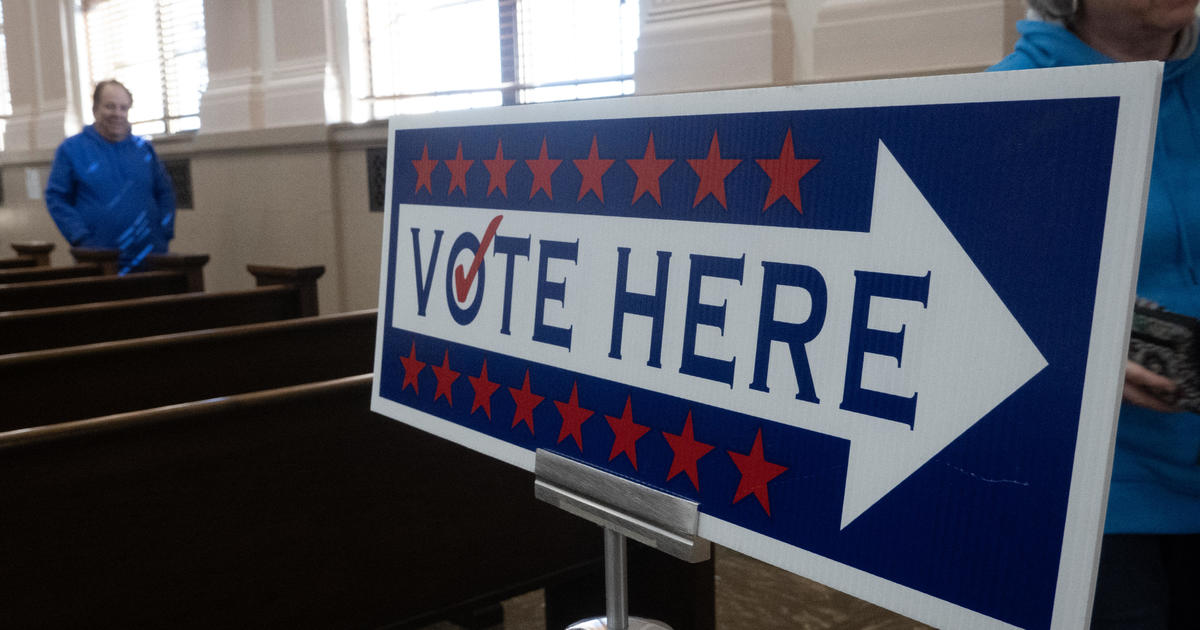Article III Section 1 of the Wisconsin Constitution currently reads, “Every United States citizen age 18 or older who is a resident of an election district in this state is a qualified elector of that district.”
After Tuesday’s vote, the article will now read, “Only a United States citizen age 18 or older who is a resident of an election district in this state is a qualified elector of that district.”
Doesn’t this change the meaning of the statement so much that it’s no longer true that every citizen of age who is a resident is eligible to vote? Can this new language be interpreted by courts and lawmakers such that anyone can be disenfranchised if such malicious laws can be passed in the state?



Does this also block US citizens living abroad because by definition they don’t reside in the electoral district.
I added the bold highlight to the text from the article.
Here’s the exact wording of the yes/no question:
If it does now, it also did before.
It would seem to do that, yes. You don’t even have to be abroad, as you could easily be stationed in a different state from your “home” residence.
This has no effect on federal elections of course, and so I think it’s not that unreasonable to say that you only get to vote on local issues if you are living locally.